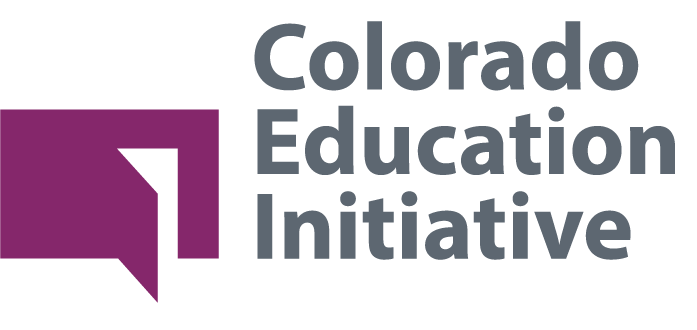Rural Teachers See Collaboration as Path to AP Enrollment Equity
February 18, 2020
By Susan Shebby, Ed.M. and Brittney R. Fraumeni, McREL International
After joining a professional development project led by McREL International and the Colorado Education Initiative (CEI), a handful of rural high school teachers are showing the direction to build equitable participation and achievement in demanding courses.
That’s a big task for a small group, but on the theory that a journey of a thousand miles begins with a single step, they banded together in the 2018–19 school year for the Computer Science Colorado Learning and Identity Collaborative (CS-CLIC). McREL and CEI, a nonprofit that cultivates systems improvement and equity in K–12 education, facilitated as the teachers explored ways to amplify their influence by working together.
All seven of them teach AP Computer Science Principles (APCSP). It’s one of the most demanding classes an American high school student can take, but it’s also one of the most unequal in terms of participation and achievement among minority and low-income students, which bodes poorly for the technology industry’s chances of diversifying its workforce. And for rural teachers, APCSP can be an isolating experience—the nearest colleague teaching the same course might be hundreds of miles away. Clearly, before the group could dig deeply into the inequity issue, they’d have to pick the most effective collaborative tools for the task.
